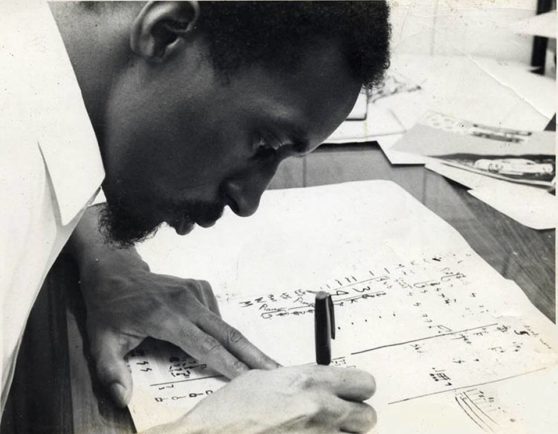

Like Reich's Music for 18 Musicians, or Glass's Music In Twelve Parts, Stay On It is a joyous set of small, modular sequences strung together in a repetitious but ever-varying collage. The recording of his performance in Eight Songs For A Mad King was nominated for a Grammy, and he had composed Stay On It, a remarkable ensemble piece which seems to predict and surpass the "minimalism" of Steve Reich and Philip Glass. As Jace Clayton, otherwise known as DJ/rupture, would later say, Eastman brought “ideas of class and of race and of sex” to the “white-cube blank space of classical music”.īy the early 1970s, Eastman's star was steadily on the rise. In a scene that has sometimes been detached to the point of heartless abstraction, Eastman was utterly engaged and, like so many passionate radicals, utterly unwilling to compromise. He performed in radical theatre, and gave performances that were better understood as politicised performance art – one controversial performance of a John Cage piece left the usually mild-mannered Cage banging his fist on a piano in anger.

He witnessed, and was profoundly affected by, the civil rights movement and the Stonewall riots. He was young, gay, black and working-class. How then did Eastman end up sleeping rough in Tompkins Square Park, and dying, aged 49 and as good as unnoticed, in Millard Fillmore Hospital in Buffalo, New York? How does someone so talented slip through the cracks?Įastman stood out in this kind of crowd. Julius Eastman was all of these things and more as the Pulitzer-winning composer Ned Rorem said, Eastman “could always do anything”. Then he's slumming it downtown in the Kitchen's DIY space with Peter Gordon and all the other flat-broke musicians, artists, actors, dancers and dreamers. There he is playing the lead role in Sir Peter Maxwell Davies's high-modernist musical theatre piece, Eight Songs For A Mad King, shrieking insanity in five octaves like a deranged Mariah Carey, the watchful baton of Pierre Boulez keeping the New York Philharmonic in step with his illogical leaps. He's behind the piano for a rare early recording of Morton Feldman's For Frank O'Hara, but he's conducting the orchestra on the even rarer release of Arthur Russell's Tower Of Meaning on Philip Glass's label. Now his deep voice resonates through the lustful avant-disco of Dinosaur L's Go Bang!. There he is, sitting next to Meredith Monk as they sing her beautiful, haunting vocal piece Dolmen Music.


 0 kommentar(er)
0 kommentar(er)
